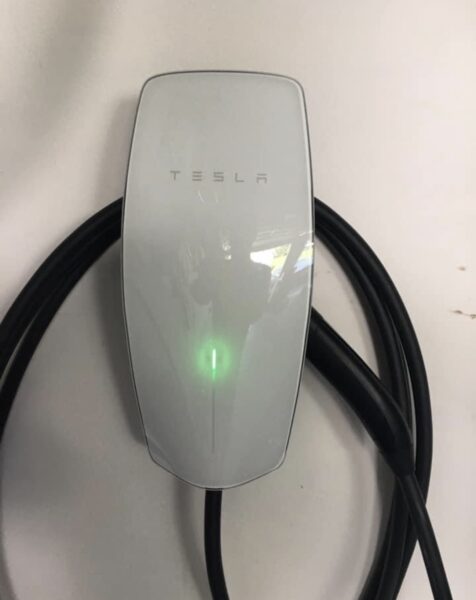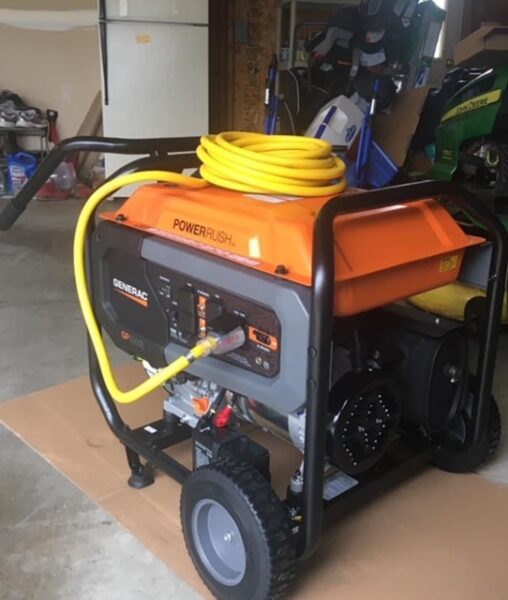Avoiding Overload Problems With EV Chargers

With the rise of electric vehicles (EVs), many of us are getting into the world of fast-charge EV chargers. Here at Southern Chester County Electric, we’ve been installing quite a few of them and we’ve learned a lot along the way. It’s important to know that these chargers need a fair bit of electricity, and if you’re thinking about using a generator with them, there are a few things you should consider.

The Power Needs of EV Chargers
Fast-charge chargers are great because they juice up your car quickly, but they do pull a lot of power. When we talk about using a generator, especially the portable kind, it’s often not up to the task. They just can’t provide the amount of electricity needed. And it’s not just the portable ones; even larger, standby generators can struggle under the load.
The Risks of Overloading
If you try to power your EV charger with a generator during an outage, you might end up overloading it. This can cause the generator to shut down, leaving you without power and your EV uncharged. Plus, overloading can damage your generator and other electrical devices at home.
How to Manage the Load
The key is managing the electrical load to prevent overloading your generator. This means being mindful of how much power you’re using at once and ensuring it’s within the generator’s capacity. It’s all about balance and making sure your generator can handle the demand.

We’re Here to Help
If all this sounds a bit daunting, don’t worry! At Southern Chester County Electric, we’re equipped to help you navigate these challenges. Whether you need advice on the right setup, want to upgrade your generator, or just need help with managing your electrical load, we’re just a call away.

